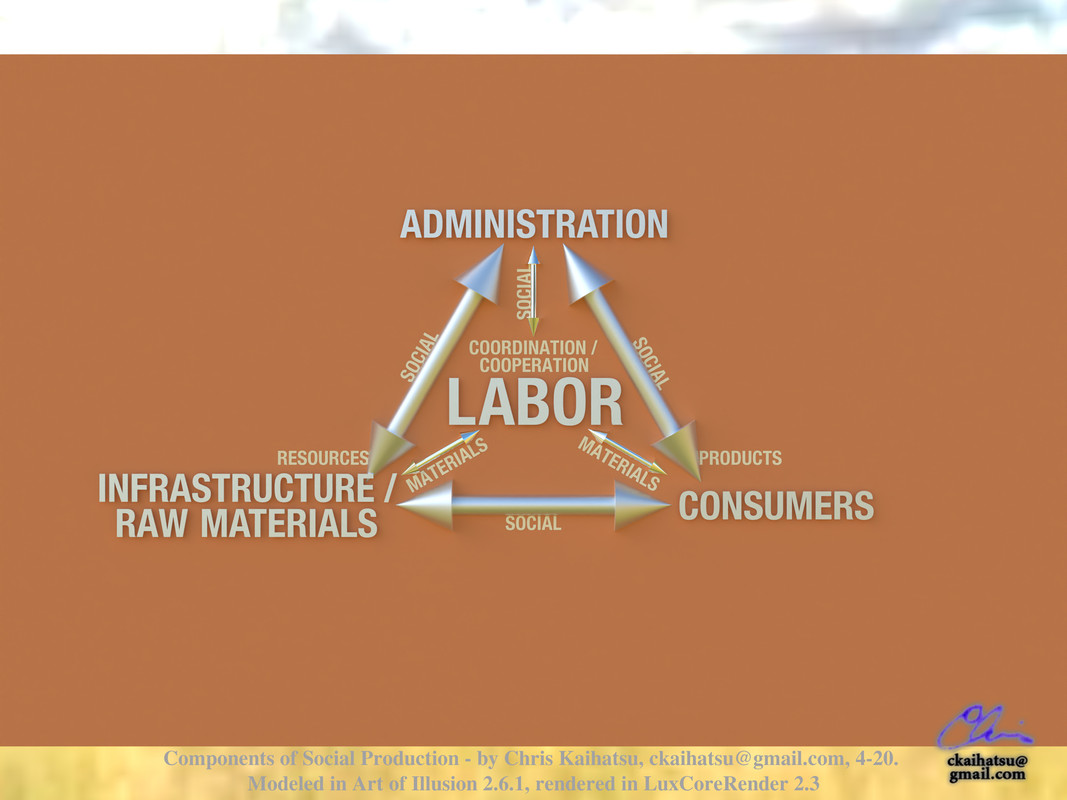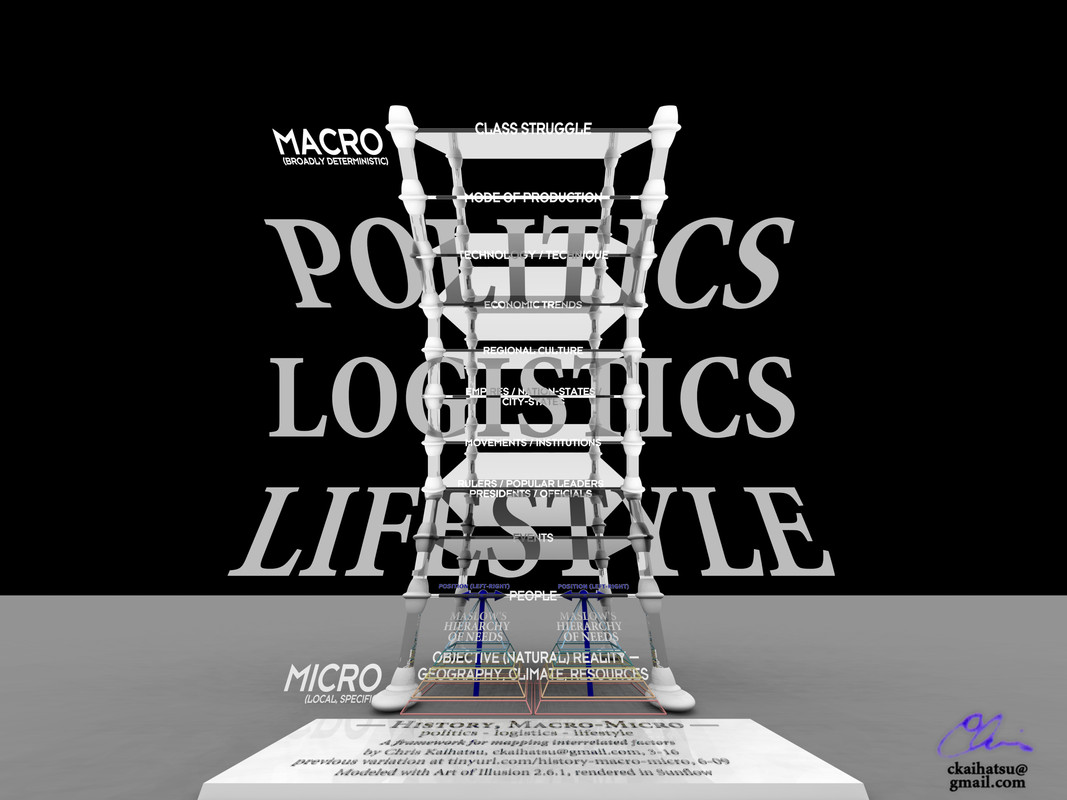Rancid wrote:Anyone that grew up in a poor neighborhood knows this. Where I group up there are no trees, no green spaces, just lots of asphalt and concrete. Pretty wonderful.
Back in the 80s, the French-speaking neighborhoods of Montreal were still noticably poorer than Anglo hoods. (this is no longer the case)
But back then, Anglo friends would remark that "French people don't like trees," and they would say this because super-dense French neighboorhoods had wide streets, skinny sidewalks, and no trees.
The reason for this is.. because the rich car-driving English needed these central francophone neighborhoods to
drive thruTM. So there was no room for trees for French people to avoid heat stroke. Everything had to be paved to allow wealtheir anglophones to
drive thruTM these neighboorhoods without stopping.
Ever since francophones got caught up in income and education, their neighborhoods have gotten more trees and more traffic-calming. And Anglo drivers can't stop complaining about this - adding a language-politics component to bike paths and car-free streets that other cities in N.A. don't have to this degree.
The ONE PERCENT speak English a lot here, and need for our city to be a paved expanse of parking lots to park their SUVs. Meanwhile, their own neighboorhoods feature giant trees, traffic-calmed dead-ends, and massive yards to store your possessions in.
They often spend less than half of their lives in these giant homes, as they're constantly flitting around the world in airplanes - out seeking some kind of authenticity...
elsewhere. Because they know their lives are fake and leveraged.

late wrote:One of many problems with a government managed economy is cheating gets worse over time, as do distortions.
One of the major problems with a corporation-managed economy (like ours) is that they collapse from unsustainable product consumption. You can trash the Soviets all you want, but when their modern economy collapsed, everyone lived in apartments next to a tramway - cheap living.
When the American economy collapses, corporate-built suburbia will burn to the ground (figuratively) and not many people will have housing that is useful to them. Detroit is a great model for what comes next in a very-American collapse.












 - By annatar1914
- By annatar1914 - By Tainari88
- By Tainari88